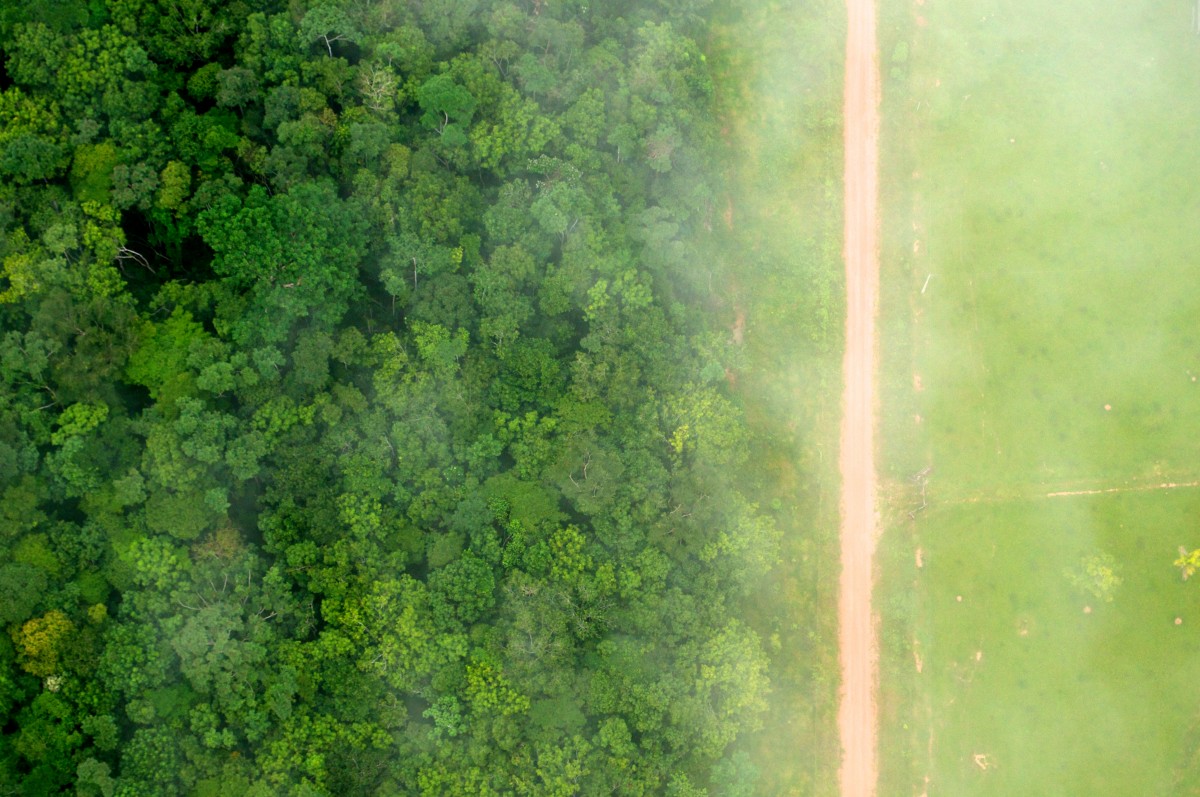
The European Union likes to think of itself as environmentally minded and socially benevolent. Green and sustainable. That’s quite a long way from the truth. For while the EU takes a global lead on climate change, it remains probably the world’s largest driver of tropical deforestation and the commercialization, centralization and globalization of agricultural systems across the developing world.
Could that be about to change? And can it help save smallholders as well as forests?
Every year millions of tonnes of soy, beef, palm oil, sugar, cocoa and other major agricultural commodities grown on former rainforest lands arrive at European ports. An EU study in 2013 concluded that it was responsible for 36 per cent of deforestation arising from agricultural commodities.
Moreover, much of this commodity trade is in some manner illegal, the crops grown on land converted thanks to forged or bogus permits, breaches in land laws that involve grabbing land from smallholders and forest communities.
That is why EU plans being discussed in Brussels for a new Action Plan on Deforestation are of such importance. The aim of these plans, as outlined in side-events organised by the EU at the climate conference in Marrakech last November, is to ostracise crops that cause deforestation—and to do it by using trade laws that help supplier nations to enforce their own laws on land and forests.
Around two-thirds of deforestation globally is caused by a few key commodities: palm oil, soy, timber, paper and pulp, beef and leather. Some of this is grown by large corporations, but not all of it. Indonesia, for instance, has more than 2 million small landholders growing about 40 per cent of its palm oil.
Europe’s role in deforestation is coming into sharper focus thanks to NGOs tracking supply chains back to local landscapes. For instance, Transparency for Sustainable Economies (TRASE), an investigation network set up by the Stockholm Environment Institute and the UK-based Global Canopy Programme, aims to trace the origins and assess the sustainability of 70 per cent of production of major forest-risk commodities.
TRASE has begun by tracking Brazilian soy. A striking early finding, says Sarah Lake of the Global Canopy Programme, is that “the EU’s deforestation footprint for soy in the Brazil is actually as big as that of China, which people talk about far more.”
The EU has pledged to halve its role in tropical deforestation by 2020 and eliminate it altogether by 2030. But how? Traditional conservation won’t be enough. Nor, likely, will market incentives to curb deforestation, such as REDD. Even initiatives for climate-smart agriculture are essentially technocratic – and likely to suffer corporate capture.
Hence the action plan. One proposal discussed in Marrakech is to copy an existing mechanism at the EU to curb deforestation from its imports of timber and timber products, using trade rules. The Forest Law Enforcement, Governance and Trade (FLEGT) mechanism requires companies importing timber to prove to customs officials that the timber has not been harvested illegally.
To complement this, and reduce the paperwork, the EU has entered into Voluntary Partnership Agreements with producer nations. These agreements are signed when the EU is sure law enforcement is up to scratch and, critically, that land disputes that could trigger illegality in forests have been resolved. After that, importers no longer have to demonstrate the legality of each consignment.
This is novel. Conventionally, international trade rules are usually concerned with little more than creating “free” trade. They often run counter to environmental laws. The EU instead uses trade laws to bolster environmental and social objectives by promoting a “race to the top”.
After a series of agreements with African timber supplying countries, FLEGT took a big step forward in late 2016 when Indonesia, a major supplier of timber products to the EU, signed up. That, officials believe, could encourage FLEGT to become a model for wider agreements on deforestation commodities.
If a deal on Indonesian timber can be reached, why not a deal on Indonesian palm oil? Such a deal could reinforce the rights of smallholders as well as curbing deforestation. And if that can be done for Indonesian palm oil, the next step would be to involve African countries like Liberia and Ghana—which are already signed agreements on timber—to reach similar deals to curb the excesses of palm oil companies moving into their forests.
Would this be good for smallholders growing internationally traded commodities? On the face, yes: the deals would buttress often feebly-enforced land rights laws and ban the products of land grabs. But there are concerns. In order to demonstrate the legality of their supply chain, big commodity companies may be tempted to cut out smallholder suppliers—not because they are necessarily bigger contributors to deforestation but because their activities are harder to document and verify.
A couple of years back, a senior official at Unilever, the world’s biggest purveyor of palm-oil products, told me that reducing smallholder numbers in its supply chain was an emerging policy at the company, as it sought to stand by its promises on ending deforestation.
That can only go so far, however. Smallholder farming remains the dominant form of agriculture round the world. In a new study published late last year, Leah Samberg of the University of Minnesota showed that agricultural systems dominated by smallholders with less than two hectares are home to more than 380 million farming households—or perhaps two billion people. They are responsible for more than half the food calories produced globally. Nobody doubts that they are vital: The Gates Foundation just put up $2 billion for innovating agricultural technology targeted at their needs.
Done well, smallholder farming contributes to diverse and sustainable landscapes in a way that mainstream agribusiness, driven by foreign markets, never can. As farmers supplement their subsistence activities by growing ever more for markets, whether local or international, the trick is to ensure they have a level playing field.
As Samberg noted, information about smallholder farmers—who and where they are, and how they work—is “essential for effective policy development for food security, poverty reduction and conservation.” Yet, there is currently a dearth of data, leading to negative impressions about their role in deforestation and illegality.
There is a real danger that the EU “action plan on deforestation”, and other moves to create “transparent” supply chains, could produce perverse incentives for the further marginalization of smallholders. If that happens, then the wider goals of social and environmental sustainability will surely be lost.



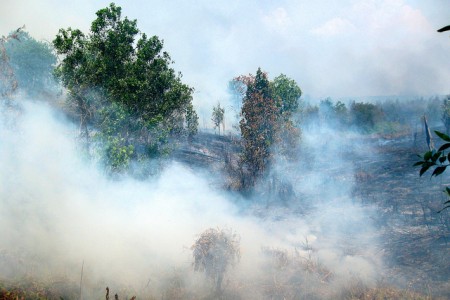
/index.jpg?itok=EzuBHOXY&c=feafd7f5ab7d60c363652d23929d0aee)


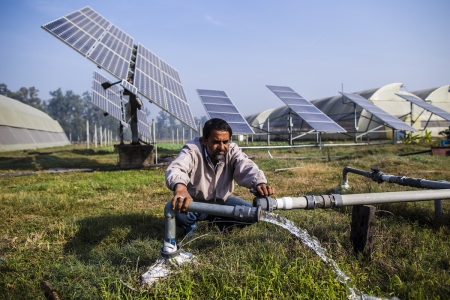

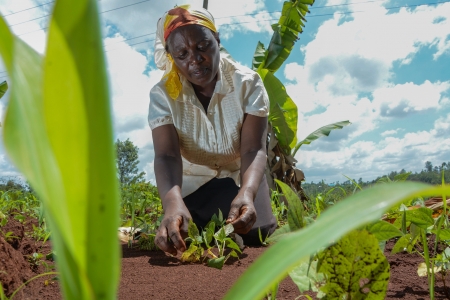





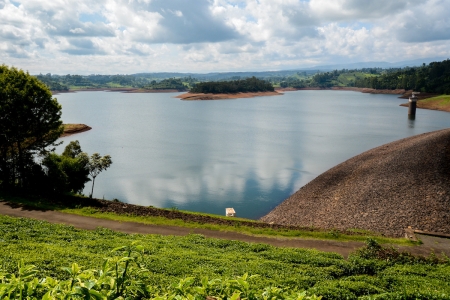
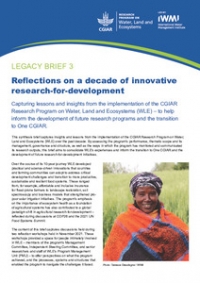
Comments
A team under the Coordinating Ministry of Economy that I involve is working to strengthen and green ISPO (government-based Indonesian Sustainable Palm Oil) by learning from wood-based FLEGT process and license. A multi-stakeholder processes have been conducted including with prominent NGOs.
It can happen only if the government take measures to create awareness about deforestation among the people and making them aware of the benefits of the forest.